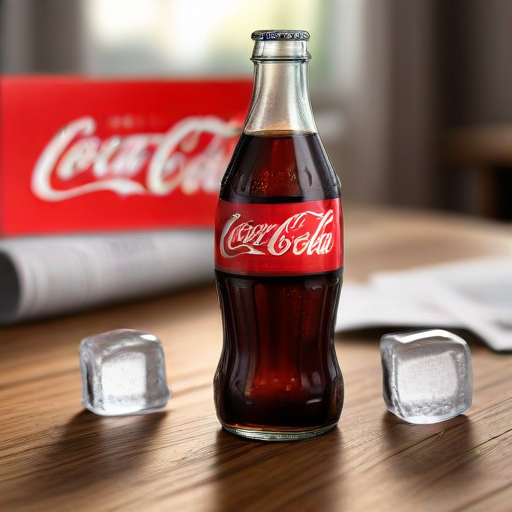In the United States, the growing trend of weight loss products and non-alcoholic beverages has led to a decline in soda consumption. Despite this, Coca-Cola reported strong earnings for the second quarter, supported by global demand for its drinks, prompting the company to raise its annual outlook.
Coca-Cola CEO James Quincey expressed optimism regarding the company’s performance, highlighting solid revenue and operating income growth amid changing market conditions. Nevertheless, the North American division experienced a 1% drop in volume sales, attributed to lower performance in away-from-home channels, which comprise various beverage options including water, sports drinks, coffee, tea, and sodas.
This decline was somewhat mitigated by successes in other areas, particularly with Fairlife milk and Coke, which were recognized for their retail sales growth. To engage customers and counteract declining soda sales, Coca-Cola is collaborating with restaurant chains like McDonald’s, aiming to integrate its beverages into affordable meal deals.
Coca-Cola exceeded Wall Street’s expectations for the second quarter, generating $12.4 billion in revenue, which translated to earnings of approximately $0.84 per share, outpacing the anticipated $11.76 billion in revenue and $0.81 per share. Following this positive performance, the company has adjusted its forecast for organic revenue growth to between 9% and 10%, an increase from its earlier estimate of 8% to 9%.
The situation is similar for Pepsi, which is also contending with the shift in consumer preferences towards healthier options. Pepsi has faced challenges, including recent product recalls, contributing to a less favorable second-quarter performance.
Despite the challenges in the beverage industry, there is a promising outlook as both Coca-Cola and Pepsi explore innovative strategies to adapt to the evolving market. Both companies are working hard to reclaim consumer interest and enhance their product offerings, which could ultimately lead to a resurgence in soda sales as they align with contemporary consumer preferences.
In summary, while the beverage sector faces obstacles with reduced soda consumption in the U.S., Coca-Cola’s strong quarterly results and proactive measures signify resilience and adaptability in a changing landscape.
